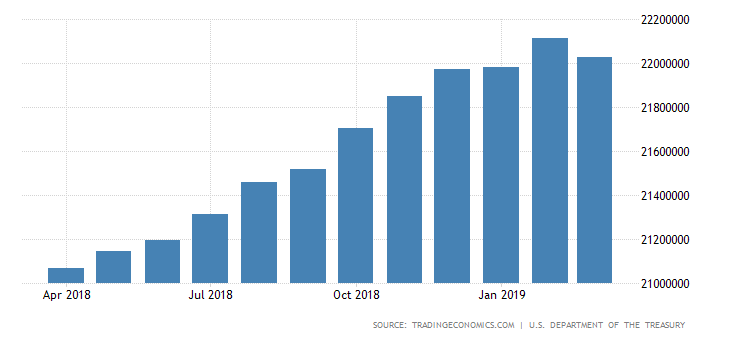Since they mature and stop accruing interest after 30 years you may want to plan to cash them in over a few years to save a big tax hit in a single year. e.g. if you had a sudden spike in income that jumped up your Medicare premiums through IRMAA, that would bite even deeper into the interest gain
If you received a $10k IBond which is now worth $30k you can incrementally cash it in, you don't have to cash in the whole bond at once. I think that also applies to Ibonds that have matured but am not sure.
Good info Thanks I will plan to cash them slowly over the next 10 years..but hate to since they're such good earners.

 That's more limiting than almost any other investment I have except perhaps my 4 and 5 yr CDs.
That's more limiting than almost any other investment I have except perhaps my 4 and 5 yr CDs.